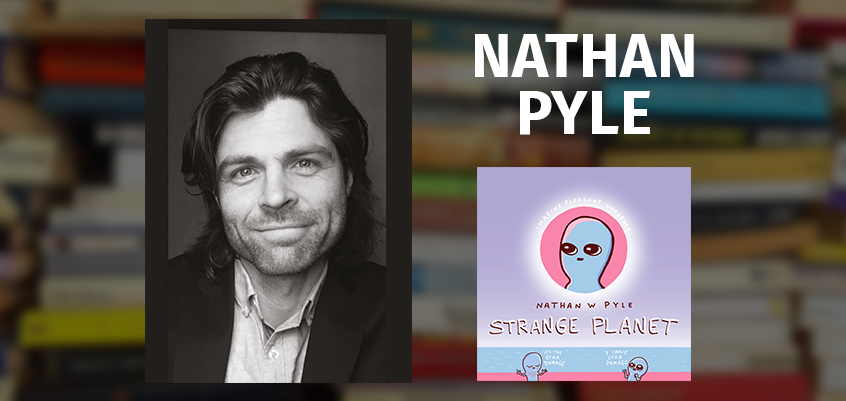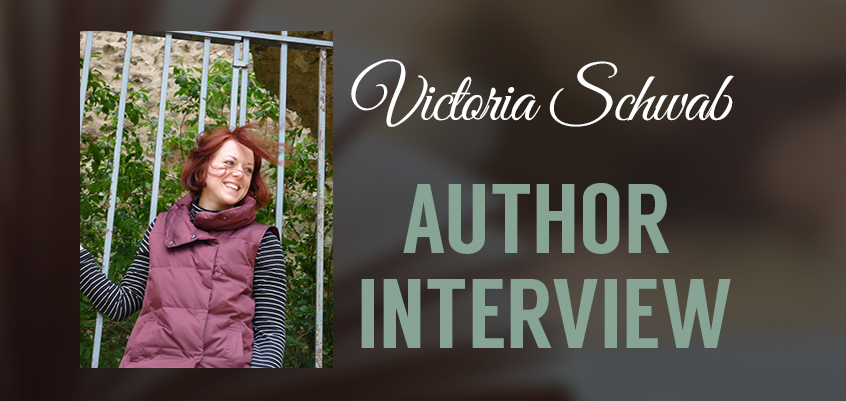The following guest post was written by Rebekah Crane, author of The Upside of Falling Down, which releases on January 30th of this year. Please enjoy this window into Crane’s writing process — and check out her new book on Book Depository!
For most of my younger years, I was immersed in theater. Each script allowed access to a world of characters I was burning to play. From West Side Story to Guys and Dolls, each potential character took root within me, opening a doorway deeper into my imagination. It was a great way to grow up, the putting on of different characters and escaping myself for a time. But my theater dreams faded as I went to college and slowly disappeared in my early twenties as I set out to be an English teacher. My efforts moved from playing different characters, to analyzing them through the literature I taught.
Then I stopped teaching altogether when I had children in my mid-twenties. My imagination dwindled with lack of sleep and the hectic life of having babies. But every once and a while, I’d find the time to read a book and transport myself out of my life and into someone else’s.
When I was thirty (two kids later), I realized something: I didn’t need a script to play a part or someone else’s book to engage my imagination. Instead of placing it in the hands of others, I needed to take charge of my imagination… and write a book myself. Create my own characters. No more working within the web of someone else’s design, someone else’s imagination. I could build the set, the story, and, most excitingly, the people. I didn’t need others to fill that need.
That was the day I became a writer.
From the beginning, I’ve been character-driven. I credit this to my years on the stage. For me, before the story begins, a character will walk out of the shadows of my imagination and step into the spotlight. I spend months examining her. She’ll try on difference costumes, use different speech patterns, hold different objects, present different skills, until one day there stands my main character wrapped in everything she is, armed and ready to tackle her story on the page.
But the thing that intrigues me most about a character isn’t her external appearance or experience—but what she’s hiding. Every character has something they do not want revealed to the reader. And most will do all they can to protect it. Characters don’t give up secrets easily.
When I find that piece of my character’s puzzle, I’ve truly found my character. And the story becomes a dance around this secret.
When I tackle a character who’s experienced trauma, this dance is incredibly important. Most people who’ve lived through trauma will tell you they do not want their story solely to be about this moment. I find the same to be true with my characters. They will dance and avoid and force the reader to see them for more than just that defining moment in their lives because they are more than that.
One of the most important decisions I make as a writer is where and when to start a story. Some might say that writing a story surrounding a traumatic moment is the way to go, but I tend to take a different approach. I find I’m much more captivated by what happens after the event. In my novels Aspen, The Odds of Loving Grover Cleveland, and The Upside of Falling Down, the main character experienced the trauma well before the book starts. Why? It isn’t the trauma itself that’s most interesting; it’s how it molds and affects the character in unique ways post-incident. What happens to the outward character because of their inward struggle? And for most, the effect of trauma isn’t overt. A character will work very hard to appear “normal”. The true characterization comes in the subtleties, the nuance of the character where we see there’s more to the story. As a character-driven writer, it’s my job to discover and hone these subtleties.
I’m still entranced and transported by characters. They come alive to me, whether on stage or in books, my own or others. Characters breathe honesty, connection, and humanity into writing. That’s what fuels me as a writer—the universal and complex experience of being human.
Shakespeare said it best, as he often does. “All the world’s a stage, And all the men and women merely players; They have their exits and their entrances, And one man in his time plays many parts.”



